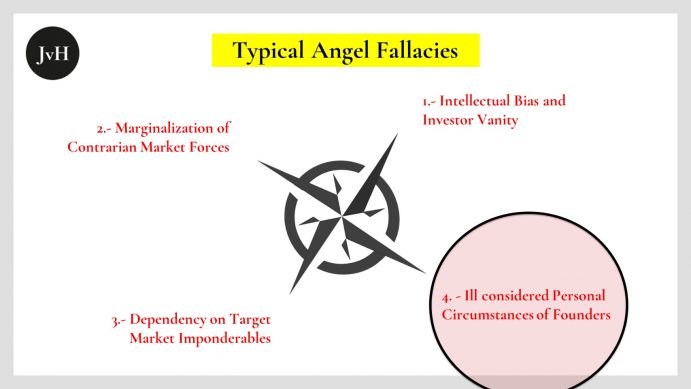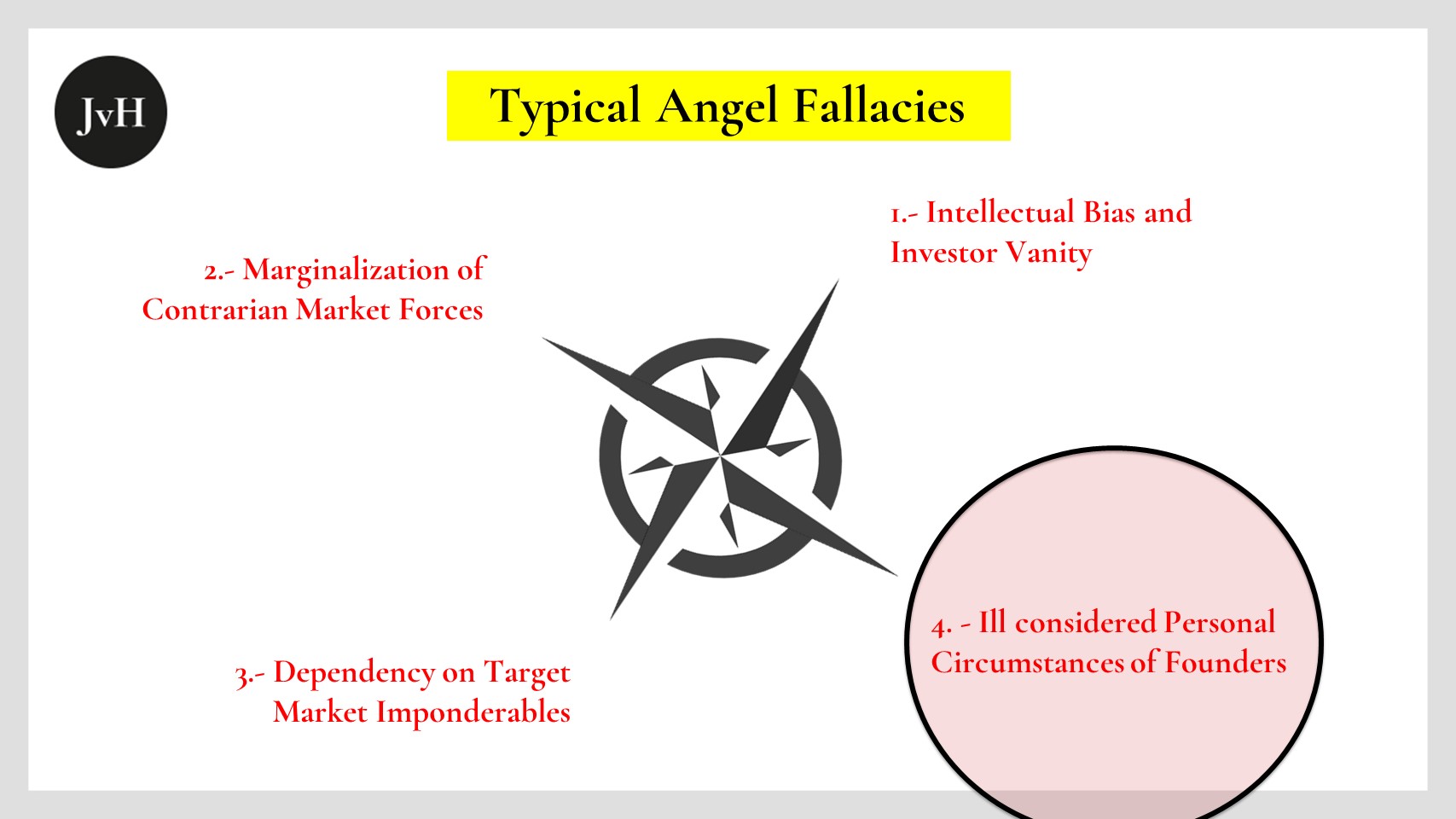The personal circumstances of employees are a minefield for employers: Whether in hiring or in staff development: On the one hand, as an employer, you have to consider potential risks such as illness, financial stability, family situations, even possible pregnancies; on the other hand, in an ideal world, these issues should really remain a private matter for the respective employee and never even appear in a work-related discussion – unless the employee wants to talk about them.
In fact, labor legislation in many countries explicitly prohibits such personal topics from being hit either in job interviews or in everyday working life. If we wish to take China as a role model for our public dealings with private lives, we should perhaps reconsider these practices. Otherwise, we should be proud of them and maintain them.
For investors, the situation described above is a little different and much more precarious: If one compares the “investments” of employers in human capital with VC or angel investments in start-ups, the psychological stability of the candidates in question is certainly more important in the case of start-up investment. At least for the early stage and even more so for seed investments, founders are the decisive success factor in ensuring that invested capital finds a favorable growth environment.
As an investor, however, one feels far less inclined to touch personal circumstances than as an employer. An employer may encounter high legal hurdles before entering “private” territory. These do not hinder investors at all. However, compared to an employer, an investor is located on an island much further away from the shores of the respective candidates. The psychological hurdle of touching the private sphere is much higher. At the end of the day, this psychological hurdle proves to be more of a hindrance than any legal hurdle. For, let’s not kid ourselves, an employer almost always manages to cheat on formal legal matters somehow.
Investors thus regularly concentrate all their energy on assessing the rationale of business models, financial engineering, team structures, founders’ intelligence, experiences, CVs, etc. But one thing they won’t do is inspect and analyze the personal circumstances of a founder with her or with him or with the co-investors. It would simply seem inappropriate. Although it would be legal. Shunning such topics often has severe and sometimes deadly consequences for the investment.
Guy Spier whose very educative and enlightened book “The Education of a Value Investor” inspired my most recent five blog posts on “typical angel fallacies” highlights this neglect of personal circumstances within the investee environment by recounting one of his own investments: In 2003 Spier and a friend had merrily invested 1 million USD each in a promising if very small public company within the education branch. They thus helped the entity to get rid of its substantial debt of 2 million USD and grow very fast afterward. But they objected to an even more substantial pay rise which the two top executives (CEO and president) had granted themselves after their initial success.
Effectively the two took home 25% of the small 3.5 million operating profit. So, as major shareholders, they complained and suggested the two managers should receive stock options instead. The result of this complaint was that Spier was publicly abused by the CEO. Why? Spier later found out the CEO was in the midst of a divorce trial and about to lose substantial parts of his equity to his soon ex-wife. Therefore, he had no interest whatsoever in stock options. And since his personal life was in a dire state of affairs his private university went down the drain as well. Public support (grants for students) dwindled, lawsuits accumulated and by 2007 the company had to shut down.
The lesson learned by Spier is this:
“For me, one of the most important practical lessons from this experience was that I needed to be more conscious of the extent to which life circumstances of top executives can affect their decision-making and their ability to manage business. If I have even a mild argument with my wife, it can put me out of sorts for the day, affecting both my mood and my ability to make intelligent decisions. So, I can only imagine how hard it would be to go through a contentious divorce. Indeed, this is just one example of the many life events that can knock an executive off track: It might be a family bereavement, a major dispute with a business partner, or even extreme levels of personal debt.”
There is nothing I can add to this, except that what is true for top executives is all the more true for founders who are usually younger and less experienced than executives, while the impact of their decisions is usually far more significant.


